The United Nations Educational, Scientific and Cultural Organization (UNESCO) championed a critical shift towards an all-inclusive Artificial Intelligence (AI) ecosystem, a powerful initiative that could potentially democratize the future of technology. This call to action was the central theme of a major satellite event, “AI4IA: Navigating AI: Rethinking appliances, climate, youth, and information access,” held on the 23rd of September 2025. The event placed young voices at the forefront of the global AI conversation.
The summit underscored the urgent need to ensure that the development and deployment of AI technologies benefit all of humanity, rather than exacerbating existing inequalities. The dialogue highlighted four key pillars, sustainable appliances, climate action, youth empowerment, and equitable information access as fundamental to building a just digital future.
Speaking during the event, Ms Nisha, the Regional Director of the Regional Office for Southern Africa (ROSA) and UNESCO representative to Zimbabwe stressed that there was need to have an ecosystem of local artificial intelligence that chartered for people of different languages, educational levels and cultures.
In the future when someone asks what AI is, we should be able to say that it means “All Inclusive”, she said.
Ms Nisha also stated that ” artificial intelligence is not artificial, it is real because it is created by us”, pointing to the fact that it can be created or altered to suit the needs of the people.
The session featured a unique structure that emphasized intergenerational collaboration. A panel of experts, including Dr. Jonathan Gandari, Dr. Nancy Kwangwa, Dr. Tendai Zengen, and Dr. Webster Gumindoga, provided academic and professional depth. However, breaking from traditional formats, they were joined by a “Youth Intervention” led by Alzark Yuphu, ensuring that the perspectives of the next generation were not merely an afterthought but a central contribution to the discussion.
This commitment to youth representation was further solidified by the presence of a youth delegation comprising Alza Zani, Christian Bylama, Ryan Nyanywa, and Tinomutendana Irelis. Their involvement sent a clear message: the people most affected by the long-term consequences of today’s AI policies must have a seat at the table.
The panel discussion also revealed a consensus that an “all-inclusive AI” requires a multi-faceted approach. On the issue of climate, panelists argued for AI systems designed to optimize energy use in everyday appliances and model climate mitigation strategies, ensuring that technology becomes a tool for ecological sustainability, not a contributor to the problem.
A significant portion of the dialogue focused on bridging the digital divide. Experts and youth intervenors alike stressed that access to information is a fundamental right in the digital age. An inclusive AI model, they argued, must prioritize affordable and accessible AI tools that can empower communities in underserved regions, particularly in Africa, to solve local challenges in agriculture, healthcare, and education.
The most resonant theme, however, was the imperative of youth empowerment. The event served as a practical example of UNESCO’s philosophy: inclusivity starts with representation. By actively involving young people not just as attendees but as key speakers and intervenors, the event modeled the participatory governance it advocates for in AI development. The youth representatives articulated the need for educational curricula that include AI literacy, ethical coding, and critical thinking skills to prepare a workforce that can both build and responsibly critique AI systems.
The AI4IA event marks a significant step in UNESCO’s broader campaign to establish ethical guardrails for AI globally. It moves the conversation beyond technical specifications and corporate interests, grounding it in humanistic principles.


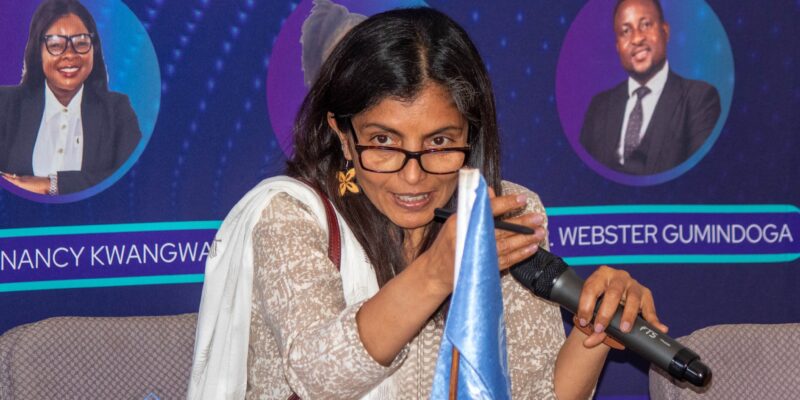

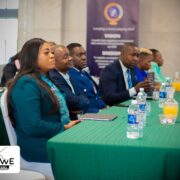


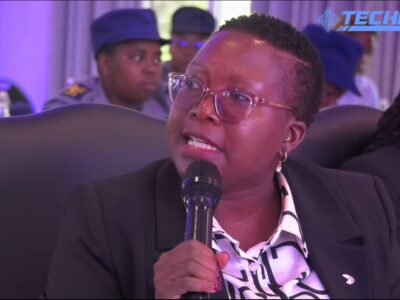
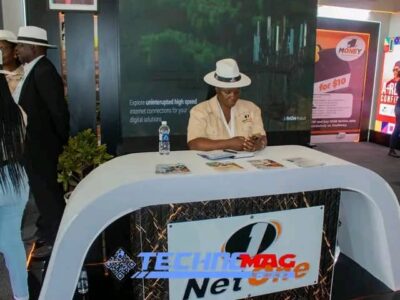

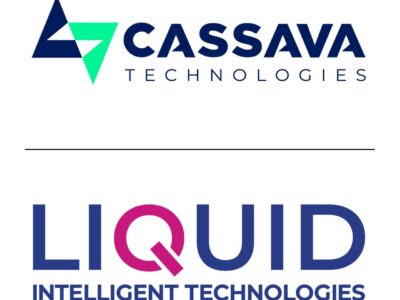



Comments